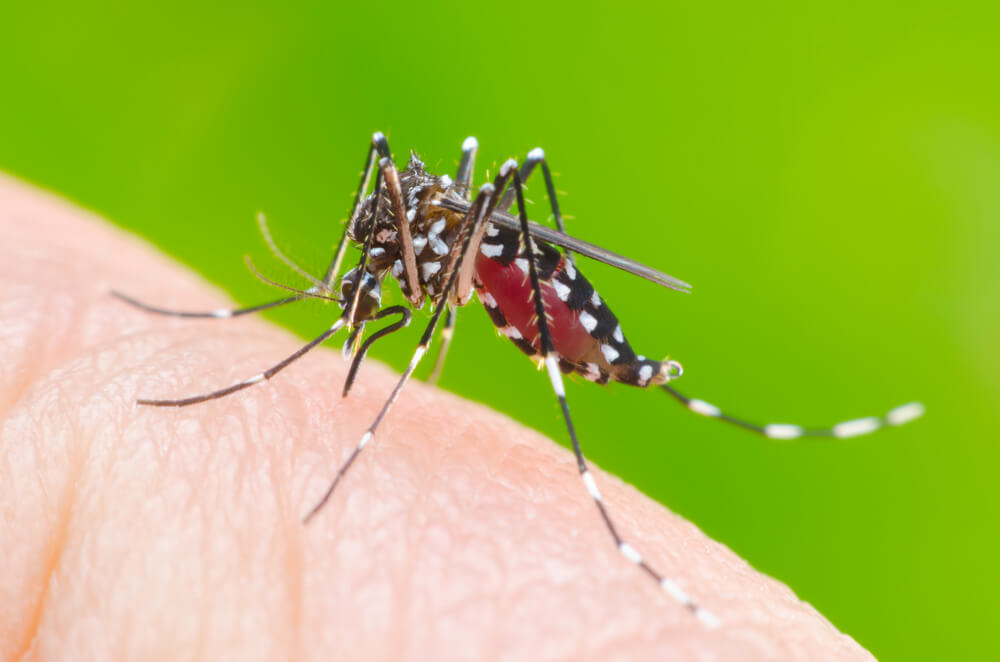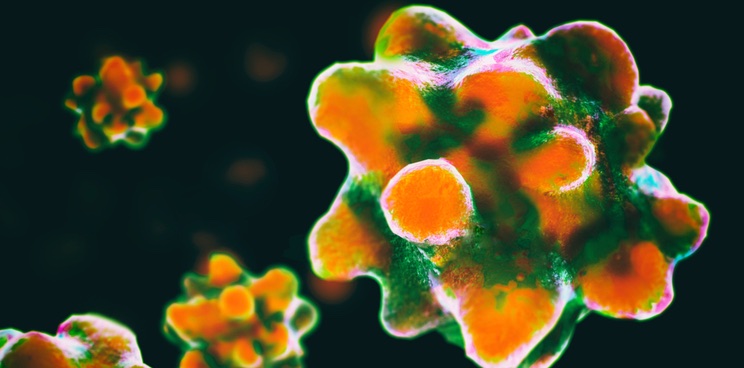Newsletter Signup - Under Article / In Page
"*" indicates required fields
The Austrian biotech Themis — specializing in vaccines for infectious and insect-borne diseases — has jumped on the coronavirus vaccine bandwagon along with the Institut Pasteur and other international partners.
The collaboration will be led by the Parisian Institut Pasteur, whose vaccine technology — in this case modifying a measles virus vector to carry coronavirus antigens — is licensed to Themis. Themis will speed up the research by providing scaling and manufacturing muscle.
The team will also be supported by the University of Pittsburgh, US, and funded by the Norwegian nonprofit Coalition for Epidemic Preparedness Innovations (CEPI), which will initially contribute €4.6M ($4.9M). The funding will cover preclinical testing, the initial manufacturing of vaccine materials, and preparations for phase I. The partners haven’t disclosed when they aim to reach this stage.
This latest project — which started in February — joins many vaccine programs in development around the world to combat coronavirus disease, or Covid-19. This includes several others funded by the CEPI itself, such as an mRNA vaccine developed by the German company CureVac, expected to reach patients in June.
“Vaccine development is a very complex process and there is no definitive singular path to get a vaccine approved for human use,” Erich Tauber, CEO of Themis, told me.
“There are several hurdles towards regulatory approval of a vaccine and the best chance of having one is by spreading the net wide with different approaches to develop it.”
Themis has a lot of experience with developing vaccines for infectious diseases. The company is also working with CEPI to develop a vaccine for the mosquito-borne disease chikungunya — almost at phase III — the rodent-borne Lassa fever — currently in phase I — and a preclinical-stage vaccine for Middle East Respiratory Syndrome (MERS), which is caused by a different coronavirus to Covid-19.

Tauber told me that Themis’ primary objective now is to “help mitigate the spread of the illness,” but didn’t specify whether the company’s other programs have been delayed by the pandemic or Themis’ new Covid-19 program.
Of the multitude of vaccine programs in progress, the current leaders are companies developing mRNA vaccines, such as German companies CureVac and BioNTech, and the US giant Moderna, which is already at phase I. This is because mRNA vaccines are easier and faster to develop than traditional vaccines.
However, Tauber said that mRNA vaccine technology is untested, with no approved vaccines as yet.
“The technology that Themis uses to develop its vaccine candidates is based on the measles vaccine, which has been used for decades to immunize billions of people around the world,” he told me.
As an infectious disease veteran, Tauber noted a general shift in industry attitude towards infectious diseases, which rarely reach the pandemic level.
“It is hard to predict how fast the current ‘social distancing’ practices will help to curb the spread of the disease but the need to protect people in the future from diseases that may have outbreak potential is vital,” he said. “Governments are seeing the importance of funding such programs that will in the future help prevent outbreaks.”
CEPI is struggling under the current strain on its resources caused by Covid-19 and is urgently calling for further international funding. So far, it has raised €172M ($185M) out of the €1.9B ($2B) that it believes is needed to push at least three vaccine programs into the market as quickly as possible.
Images from Shutterstock






